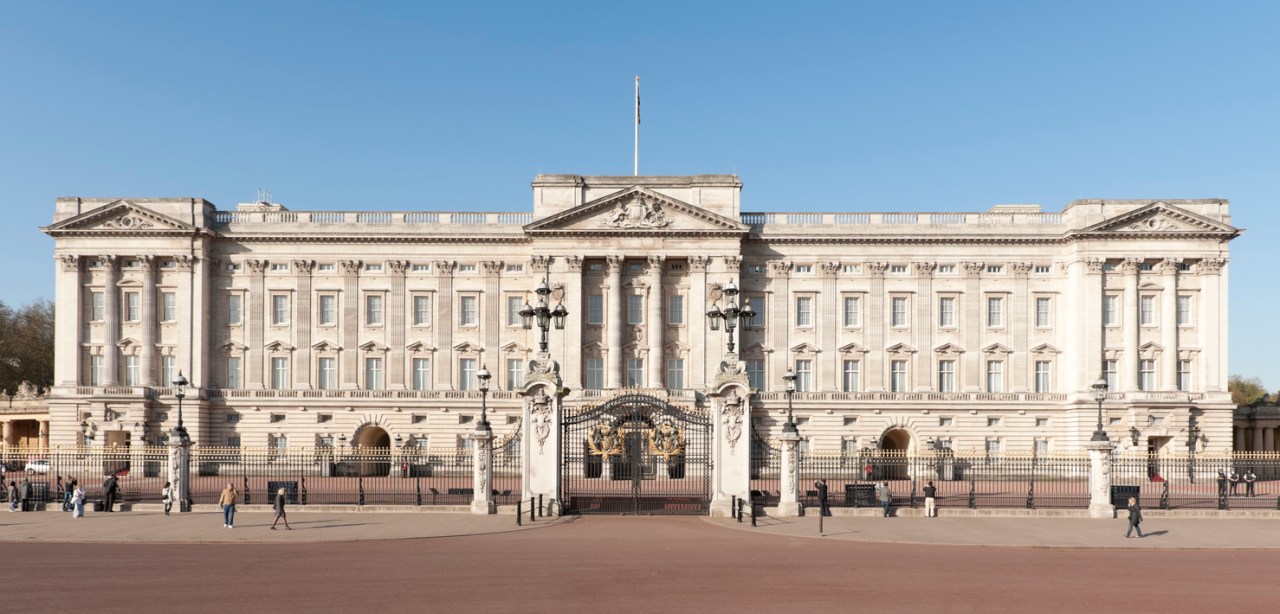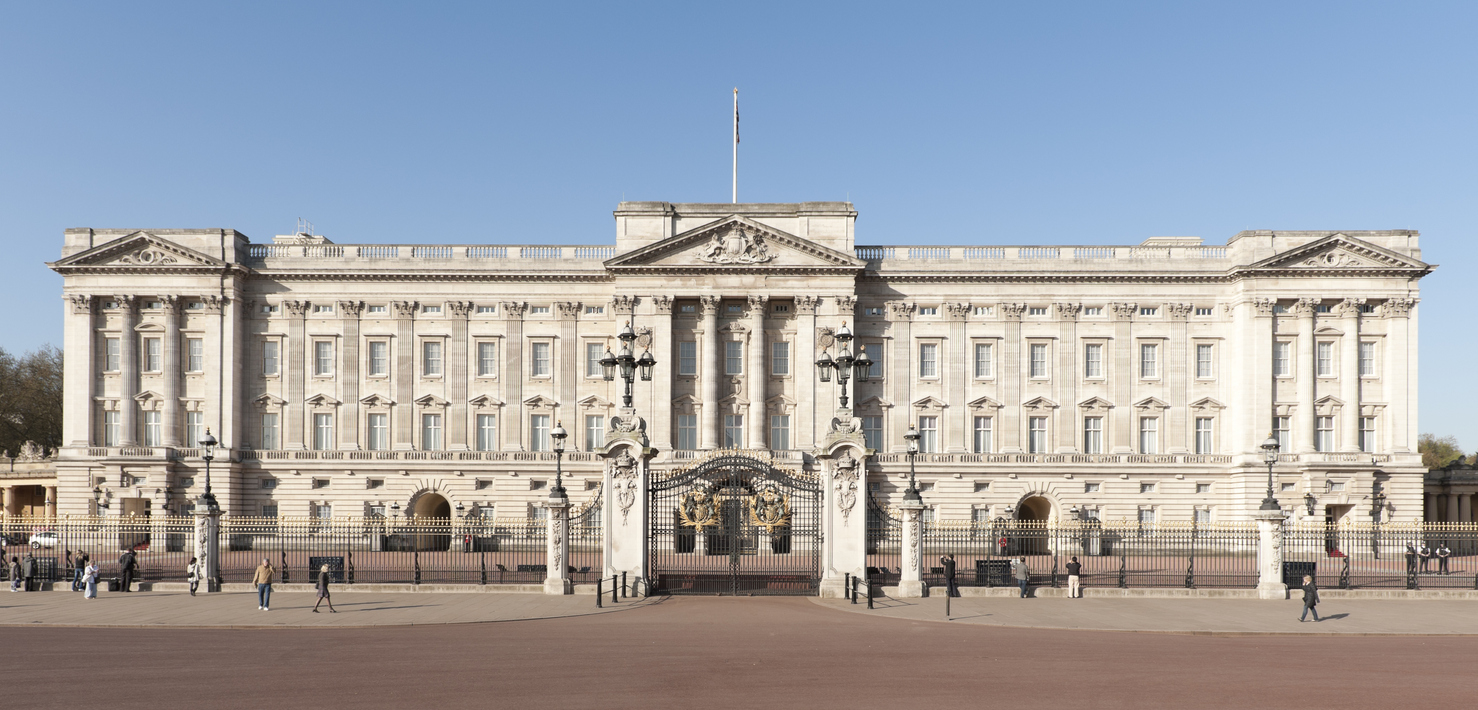It’s a story that sounds as if it could have come from half a century ago, rather than today. Ngozi Fulani, the head of the London-based domestic and sexual abuse charity Sistah Space, was at Buckingham Palace yesterday for a reception hosted by the Queen Consort, with the stated aim of stamping out ‘a global pandemic of violence against women.’ A noble cause, but unfortunately Ms Fulani encountered a member of the Buckingham Palace household staff, who, in Ms Fulani’s recounting, firstly moved her hair aside to see her name badge, and then asked her when she was from. ‘We’re based in Hackney.’ According to Fulani, the aide persisted. ‘No, what part of Africa are you from?’
Ms Fulani reportedly replied ‘I don’t know, they didn’t leave any records’, but the member of staff supposedly kept asking ‘Where are you from?’, ‘What nationality are you?’, ‘Where do your people come from?’, ‘Where do you really come from?’
Ms Fulani said she had been ‘stunned into silence’, and Mandu Reid, leader of the Women’s Equality Party and an eyewitness to the conversation, described it as ‘a really unpleasant interaction.’
The matter was investigated swiftly, and Buckingham Palace put out a statement earlier today, describing the statements as ‘unacceptable and deeply regrettable’, as well as suggesting that the offending member of staff – who has now been named as the late Queen’s lady-in-waiting Lady Susan Hussey – has resigned their post after apologising:
‘In the meantime, the individual concerned would like to express her profound apologies for the hurt caused and has stepped aside from her honorary role with immediate effect. All members of the household are being reminded of the diversity and inclusivity policies which they are required to uphold at all times.’
In an ideal world, this would be an isolated incident that could be swiftly forgotten about, and Ms Fulani would be apologised to in a suitably sincere fashion; the statement did suggest that ‘We have reached out to Ngozi Fulani on this matter, and are inviting her to discuss all elements of her experience in person if she wishes.’ Yet, with the new court of King Charles only a few months old, it is a suggestion – and a reminder – that there are courtiers at all levels of the Royal Household who often hold old-fashioned and antediluvian views, which stands deeply at odds with the trumpeted ‘diversity and inclusivity policies.’
The Royal Family itself, of course, is hardly a hotbed of diversity. One only has to look at the attitudes expressed towards (and, indeed, by) the Duchess of Sussex, with claims and counter-claims of racism and discrimination to know that it is a major British institution that has found difficulty in moving with the times, no matter how many initiatives and training courses its members of staff participate in. And although Lady Hussey could be accused both of thoughtlessness and tactlessness, her remarks smack less of active racism and a desire to offend Ms Fulani and more a kind of basic ignorance as to how to behave in a social situation in 2022.
Nonetheless, as the Royal Family move towards the Coronation next year – and, more imminently, the publication of Prince Harry’s memoir Spare in January– they are uncomfortably aware that all eyes are on them as an institution. The Queen’s death and funeral were, by all accounts, well-handled and sensitively executed, and gave the monarchy a lasting prestige, as the Queen herself did. But many more incidents like this will add credence to a belief that the Royal Household needs greater reform, and its wider membership held up to a scrutiny that it has, perhaps, previously lacked.







Comments